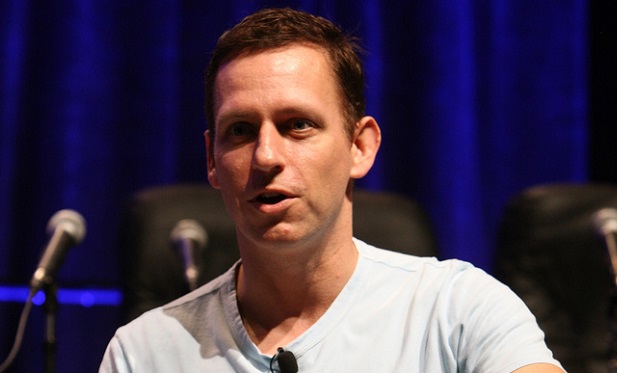Billionaire investor and entrepreneur Peter Thiel is among President-elect Donald Trump’s richest and most influential advisers. Indeed it was Thiel who, bucking the Clinton-supporting trend of his Silicon Valley peers, not only backed Trump but helped the Trump campaign wield the technical expertise that may have pushed Trump over the top. Thiel is known as a smart and extremely hardworking businessman who doesn’t like to follow the crowd. But Thiel doesn’t oppose the crowd just on principle. In his fascinating book, Zero to One: Notes on Startups, or How to Build the Future, Thiel advises that “the most contrarian thing of all is not to oppose the crowd but to think for yourself.”
The crowd — at least the science crowd — largely concurs with the idea that climate change is real and that it’s the result of human activity. Trump has historically prevaricated on the climate issue and he worried many when he called climate change a “hoax” — a characterization he has since walked back a little. Thiel, too, has been reluctant to call human impact on climate change a certainty, saying he’s “skeptical” on some of the science. (Thiel’s chief point seems to be that there should be more debate, without such easy dismissal of skeptics and deniers — “Whenever you can’t have a debate, that’s a problem,” he says.) But Thiel made a statement in Zero to One that clearly shows the billionaire acknowledges that status quo human activity is detrimental to the planet. Thiel writes:
“If every one of India’s hundreds of millions of households were to live the way Americans already do — using only today’s tools — the result would be environmentally catastrophic.”
